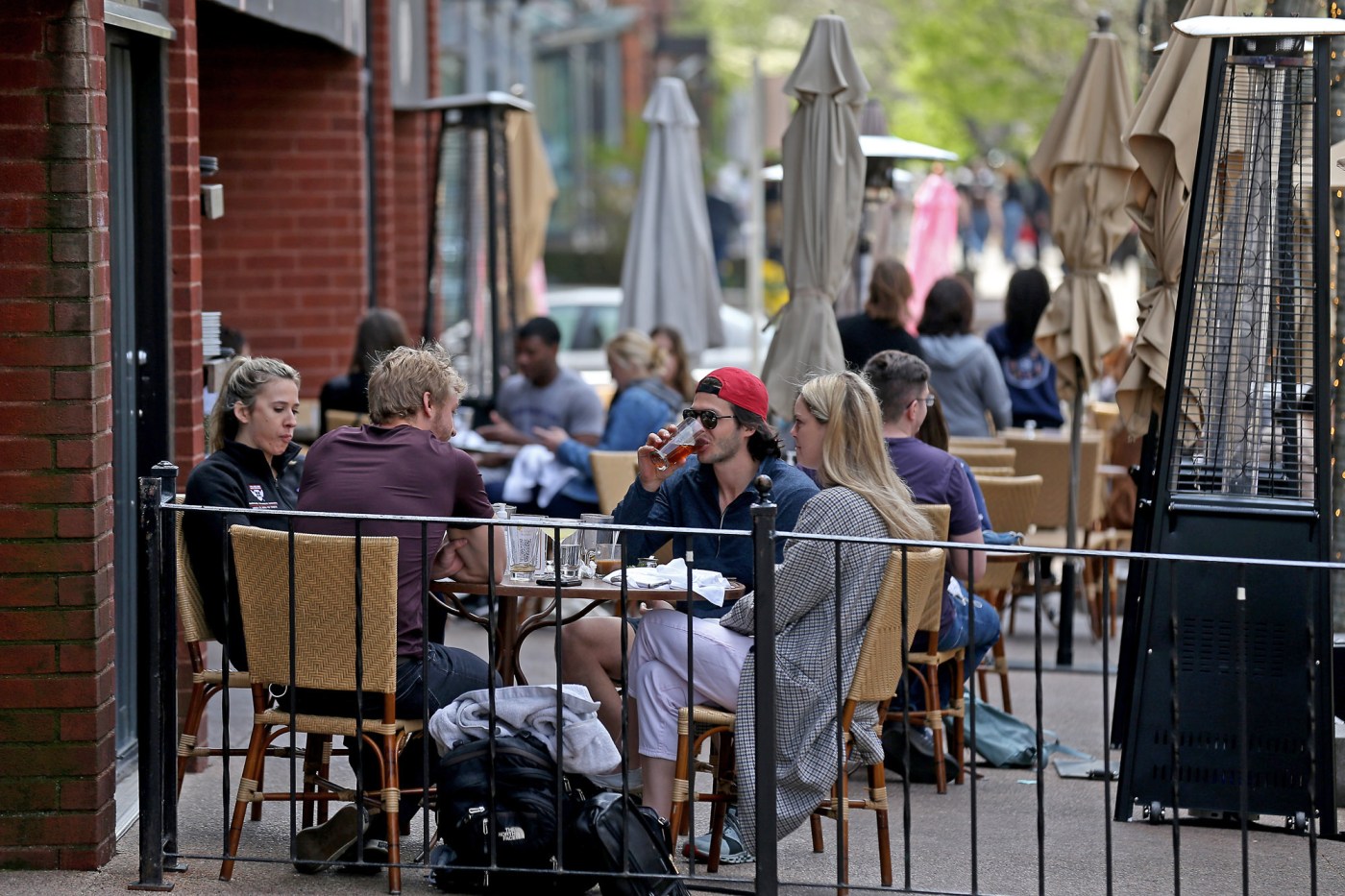
Carlozzi: Municipal Empowerment tax hike blow to Mass.
We have all heard the phrase “it’s a matter of semantics” regarding a situation where reality conflicts with what is presented. Shakespeare used this literary device in Romeo and Juliet when writing, “What’s in a name? That which we call a rose by any other name would smell as sweet?”
Following her State of the Commonwealth address, Gov. Maura Healey told the media she had no plans to raise taxes due to slowing revenue collections. That was on a Thursday. The following day Healey announced to a room full of municipal leaders that she was filing a bill to allow cities and towns to not only raise meals and lodging taxes, but also create a new tax on vehicles. To paraphrase The Bard, a tax hike by any other name is still a tax hike.
One of the industries hardest hit by the pandemic were restaurants. At times relegated to “take-out” only services, owners of food establishments nervously awaited the day they could reopen their doors to customers. Servers, chefs, and support staff all lost their jobs, joining other displaced workers as Massachusetts’ unemployment rate skyrocketed to 17% in 2020. Even when restaurants were permitted indoor dining, they were heavily constrained by restrictions on the number of guests to be seated. We all experienced some of our favorite dining spots disappearing from our neighborhoods.
It’s a miracle that any of Massachusetts’ restaurants survived the nightmarish challenges of the past few years. That is why allowing cities and towns to raise the local option meals tax should be firmly rejected. What some see as a small increase, .75 to 1%, is more damaging than it appears. Meal prices have already risen due to supply shortages, higher priced food, and increased labor costs. Restaurant owners have had no choice but to raise menu item prices to stay afloat, and the state should not exacerbate the problem through higher taxes. Residents are still feeling the sting of prolonged inflation and should not be given another reason to avoid dining out because of a higher meals tax.
If restaurants were hardest hit by COVID, tourism was likely a close second. Travel slowed to a grinding halt as hotels, restaurants, and other attractions were no longer open for business. It was a long slog before tourism finally reached pre-pandemic levels in 2022.
Policymakers should not hinder state tourism by allowing an increase in the local occupancy tax. Gov. Healey’s Municipal Empowerment Act also permits cities and towns to further increase local option hotel and lodging taxes to 7%, and to 7.5% for Boston. At a time when people are beginning to travel back to Massachusetts’ wonderful destinations, lawmakers mustn’t discourage travelers from choosing the Bay State for their trip or vacation. Consumers are thrifty and trying their best to stretch hard-earned dollars in the current economy. If hotel prices rise due to higher local tax rates, vacationers will choose lower cost options in Maine or New Hampshire, taking their tourism dollars with them.
The most troublesome part of this proposal impacting residents and small businesses in the Commonwealth is allowing municipalities to create a new 5% annual tax on the value of vehicles. This means in addition to the current excise tax of $25 per $1,000 of your vehicle’s worth, motorists will pay an extra 5% tax to generate revenue for cities and towns. Whether a restaurant delivering a pizza, a plumber driving to a home to fix pipes, a truck transporting heating oil, or a pick-up carrying equipment to mow lawns, small businesses require vehicles to conduct business. If businesses are paying more to keep those vehicles on the road, those costs will undoubtedly pass along to consumers.
Additionally, workers across the state need cars to travel to their jobs and earn a living. Servers, store clerks, machinists, construction crews, and countless other workers have no choice but to report to their place of employment. Making matters worse, the price of vehicles increased drastically over the past few years, making that 5% tax even more devastating.
To declare that Massachusetts is increasingly unaffordable and then introduce a proposal that will sound the starter pistol for local tax hikes in every community will not help economic growth. Not only will levying higher taxes on meals and lodging have a chilling effect on state tourism, but the creation of an all-new vehicle tax will also hurt the wallets of every commuter, motorist, and small business in the state.
Massachusetts cannot tax itself into competitiveness. The Municipal Empowerment Act absolves the state of Massachusetts from the responsibility of raising taxes and passes the buck to local officials. The road to affordability and competitiveness is not paved with more money from the wallets of small businesses and workers, rather with lower tax rates that encourage economic expansion, job growth, and prosperity.
Christopher R. Carlozzi is the Massachusetts state director of the National Federation of Independent Business (NFIB)

